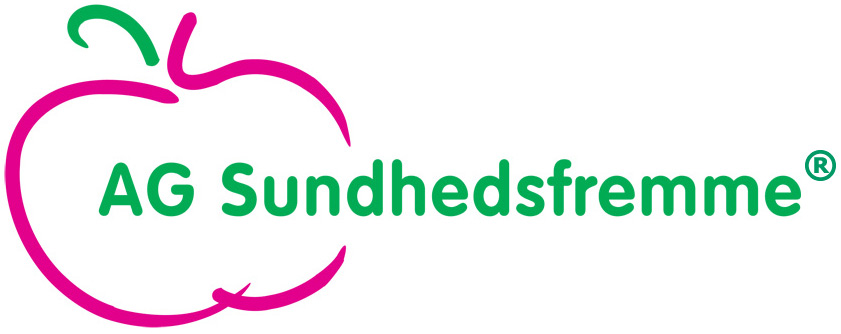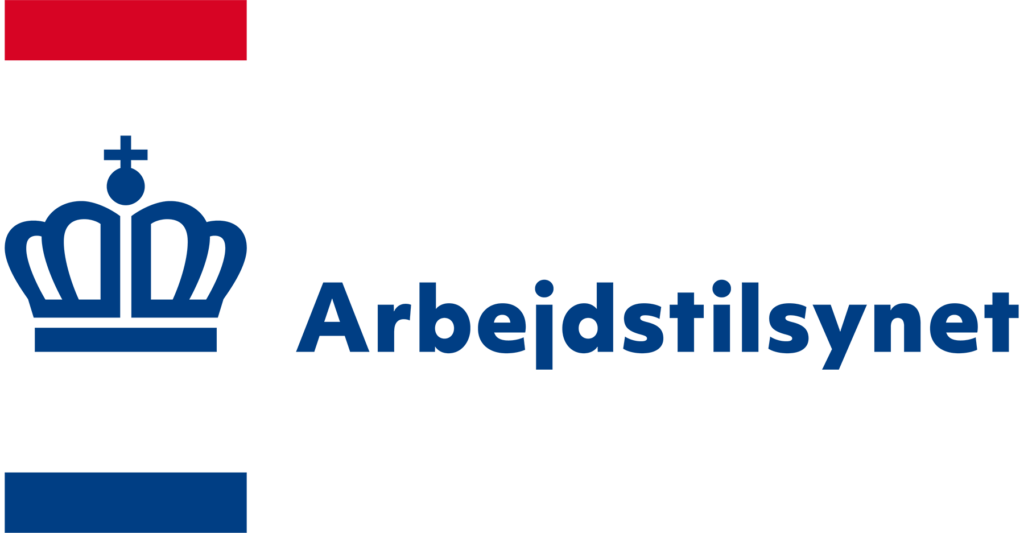Relevant Legislation
As part of a health promotion effort, individual health checks are a method chosen by more and more Danish companies. The reason for choosing a Health Check is typically presented by the company’s HR and / or work safety organization. The purpose is usually a combination of the company’s need for an attractive profile, combined with sickness absence reduction and the employees’ desire for health promotion as part of the employment.
However, health checks are often also based on the existing legal requirements applicable to companies that have employees with night work or who work in noise, dust or certain dangerous substances such as lead or mineral wool.



